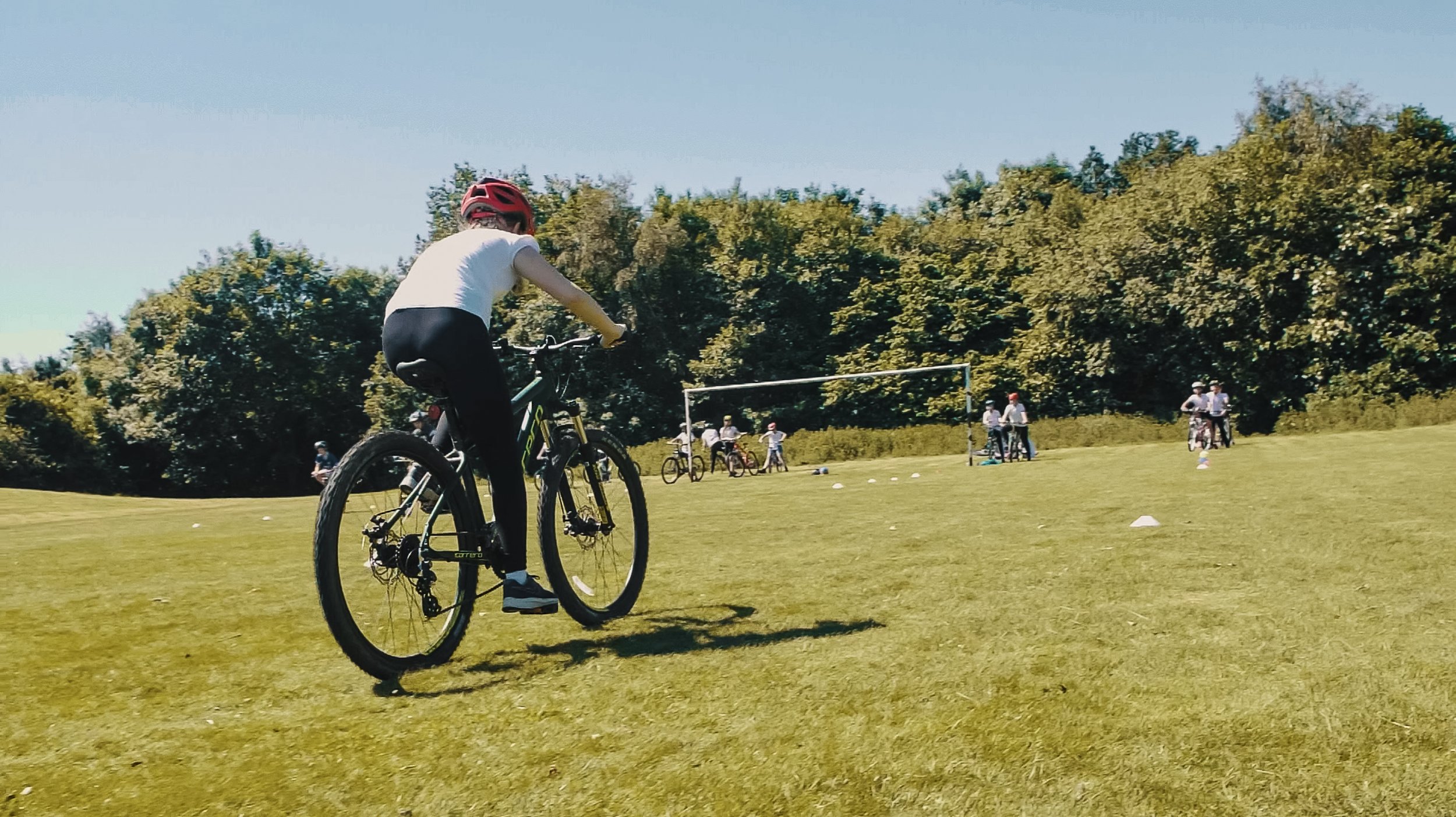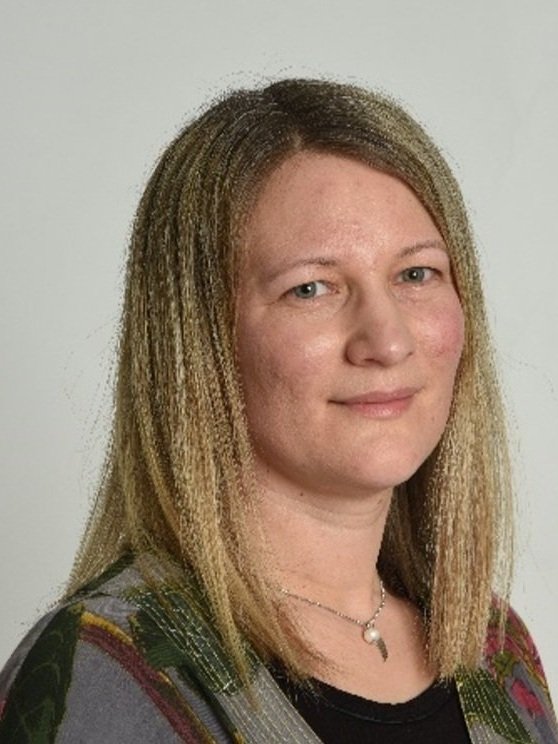
PRE-CONFERENCE
KEYNOTES
Rethinking our Approach to Evaluating School-Based Physical Activity Interventions
Esther van Sluijs
9.00am - 10.15am
Recent evidence syntheses of school-based physical activity intervention research consistently show that interventions have had limited to no impact on children’s physical activity levels. A rethink of our approach to physical activity promotion in schools is therefore paramount. Novel intervention approaches that allow for more school-by-school flexibility of the content and implementation of interventions are being developed, but this direction of travel requires an accompanying change in how we approach the evaluation to ensure it is a fair test of their effectiveness. It poses the question of whether the traditional and funder-preferred cluster-randomised controlled trial design is still the most appropriate method to evaluate these interventions. In this talk, Esther will explore various methodological aspects of school-based intervention evaluations, including study design, defining interventions, primary outcome selection, and considering inequality.
Bridging the Gap: Advancing Implementation Research in School Physical Activity Programmes
Nicole Nathan
9.00am - 10.15am
On average, it takes 17 years for a mere 14% of evidence-based practices to be incorporated into routine practice within clinical and community settings. Schools are no different. Despite decades of research, the translation of evidence into practice remains challenging within school settings. Moreover, evidence suggests that once implementation support ends, only 20% of programs are sustained. This keynote presentation critically examines the persistent challenge facing school physical activity research: the limited progression beyond efficacy studies and the subsequent failure to effectively implement and sustain initiatives. Drawing on extensive experience in implementation science, Associate Professor Nathan's presentation delves into the multifaceted challenges of implementing and sustaining school-based physical activity programmes. The presentation explores the implementation strategies and methodologies that have proven successful in transforming how health, education, and academic partners collaborate to implement and sustain school-based initiatives. Real-world examples and case studies of physical activity initiatives implemented in Australian schools over a 20-year period will be showcased to illustrate innovative strategies and evidence-based approaches for advancing implementation research in school-based health promotion.
Using Mixed Methods to Evaluate a Whole-System Approach to Increasing Childhood Physical Activity
Sally Barber
13.45pm - 14.15pm
Despite system approaches to public health problems being increasingly discussed, their development, operationalisation and evaluation is currently sparse. Indeed, in the global literature, there are only eleven system approaches that aim to tacking physical inactivity. Four of these have targeted children, and all four have focused on addressing childhood obesity rather than physical activity per se. Furthermore, there is a dearth of understanding about methods to evaluate such interventions. Since 2018 a whole system physical activity intervention called JUMP has been designed, implemented, and evaluated in Bradford, with the primary aim of increasing moderate-to-vigorous physical activity levels of children aged 5-14. This presentation will describe the mixed methods used in the three main components of the evaluation of the JUMP programme 1) A process evaluation at the level of policy and neighbourhood 2) a process evaluation at the level of children and families 3) a quasi-experimental control trial. How the finding from the process evaluations and the control trial might be best integrated to better understand whether and how changes in the system have impacted on health outcomes (physical activity, BMI, social, emotional, and behavioural health) will be explored and discussed.


